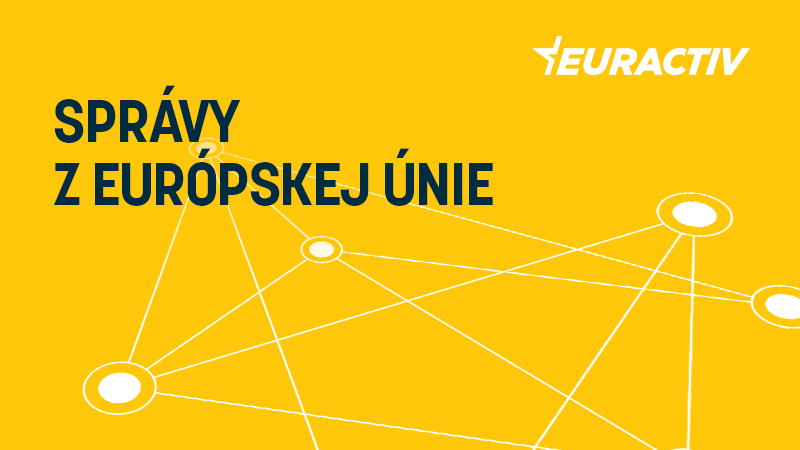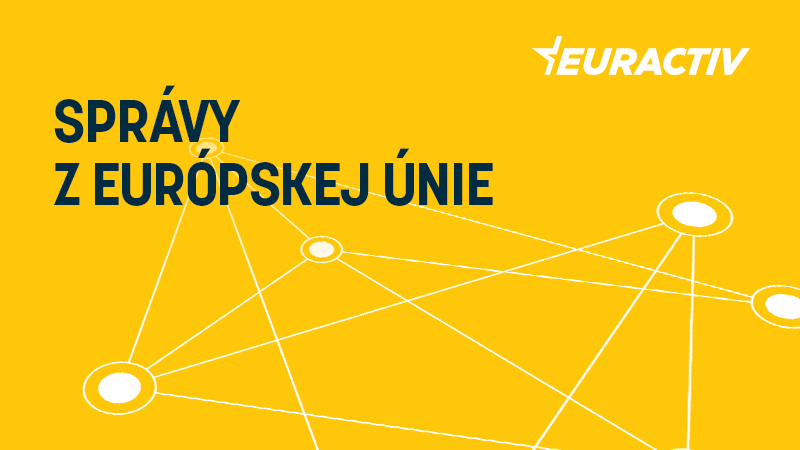- Category: Podcast
Trump's tariffs are harming American companies and consumers, which could paradoxically be an advantage for the European Union. While the EU has strict environmental regulations and higher energy prices, no one here is running around with a chainsaw, and there is no threat of everything being destroyed, says Andrej Lasz from the Association of Industrial Unions.
- Category: Podcast
Investments in LNG terminals in the US threaten several goals set by European states - carbon neutrality by 2050, a stop on public funding for fossil fuels and the goals of the latest regulation to curb methane leakage.
- Category: Podcast
Potential future Chancellor Friedrich Merz sees himself as a resolute politician who would be more hawkish in his support for Ukraine than Olaf Scholz, and he is also in favour of introducing military service in Germany. However, his party's vote with the AfD has provoked huge criticism and fears that it broke the “dyke” against the far right that has been in place since the end of the Second World War. “AfD MPs were taking joyful selfies after the vote, while CDU MPs were looking at what on earth they had done,” JAKUB EBERLE tells EURACTIV Slovakia.
- Category: Podcast
Donald Trump is very likely to threaten to withdraw from NATO during his second term, but from a practical and economic point of view this would not make sense. The US would only save $685 million a year and, according to some analysts, the US defence budget would have to be increased to compensate for the loss of capacities from the alliance's infrastructure, Americanist JAN HORNÁT tells EURACTIV Slovakia.
- Category: Podcast
I am very concerned about what is happening in Slovakia today, but Robert Fico has shown himself to be a master of words. He can say anything to anyone, whether to the European Commission or to the Russian propaganda television, but then he lets things run as before - for example, the production of armaments for Ukraine. It is a very strange, almost schizophrenic position, Pavel Havlíček from the Association for International Affairs (AMO) tells EURACTIV Slovakia.




